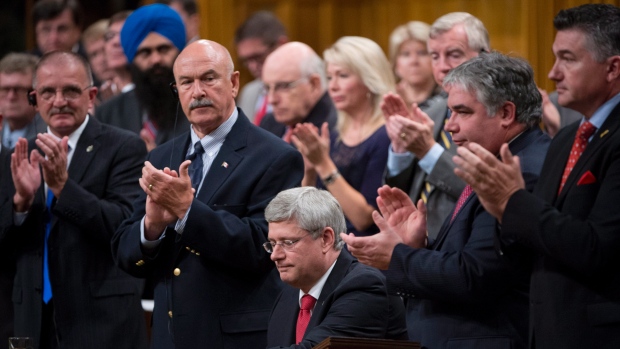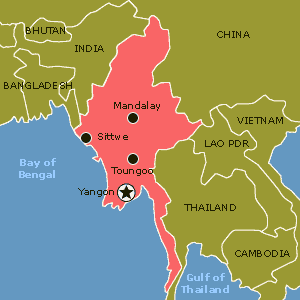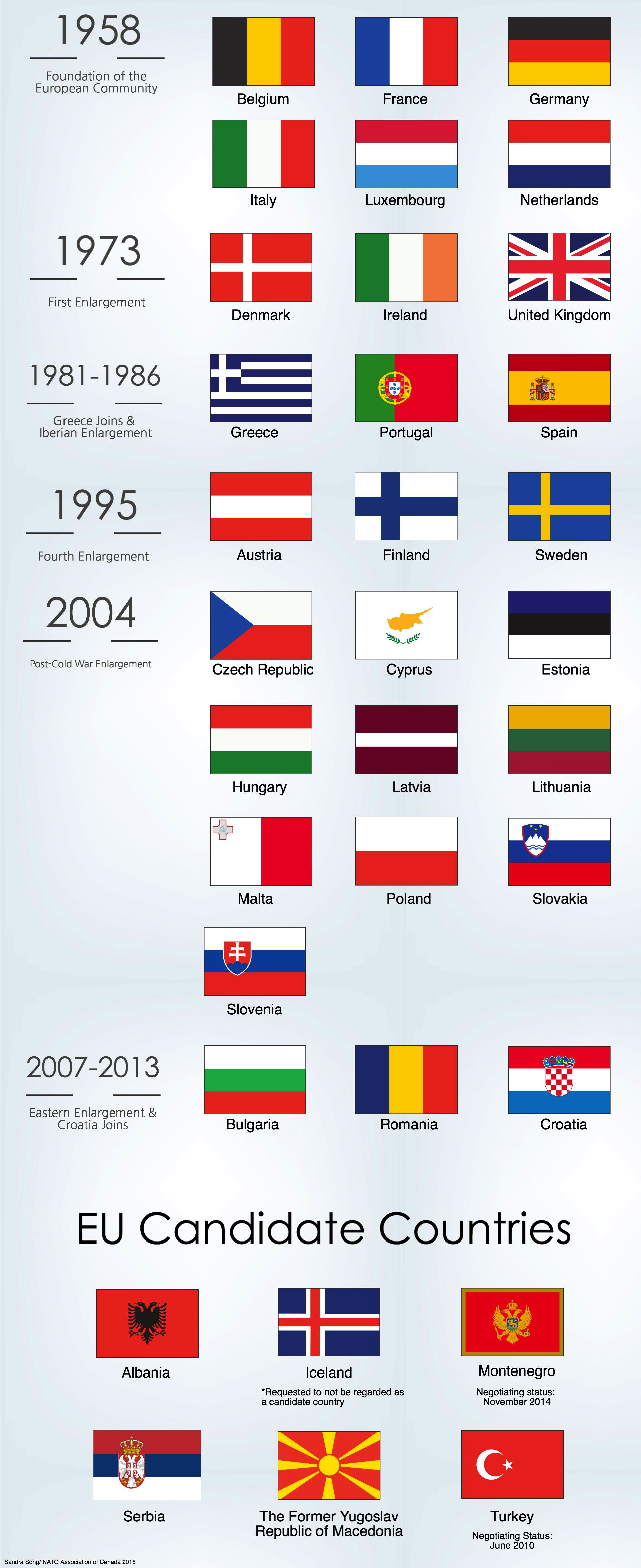Stephen M. Saideman, a professor of International Affairs at Carleton University, visited the University of Toronto on March 5th to give a talk at the Munk Centre of Global Affairs regarding the future of military spending for Canada and other NATO member nations.

The lecture was derived from a 2011 study conducted by Saideman and David P. Auerswald, a professor of Security Studies at the National War College in Washington D.C., entitled Comparing Caveats: Understanding the Sources of National Restrictions upon NATO’s Mission in Afghanistan. This article is also the basis of an upcoming book by the two academics that is currently pending review. The nearly two-hour session covered the strengths and weakness of the current incarnation of NATO’s Smart Defence program, and the professor’s subsequent argument that the integration of institutional alignment will be needed to ensure its sustained success going forward.
Saideman began by explaining that in the 21st century, widespread economic recessions have led to a growing international culture of fiscal austerity that has limited states’ capabilities to provide adequate funding for their militaries. The recent Eurozone crisis, in particular, has created a significant burden sharing problem for the supplying of troops and equipment for NATO operations. With the exception of economic superpowers such as the United States and China, most countries around the world simply can no longer afford to sustain a fully modernized military, much less contribute meaningfully to multilateral international ventures.
NATO’s response to this dilemma has been to push for the implementation of a “Smart Defence” initiative. The program calls for its member nations to pursue the three objectives of prioritization, specialization, and cooperation. By focusing their efforts on a specific segment of development, industries benefit from economies of scale and are able to allocate their resources more efficiently. By forming strategic partnerships with other nations on the basis of geographic proximity or cultural affinity, each country would be able to pool together their military assets to form a unified and effectively modernized force, ideally resulting in the universal elevation of security capabilities.
While NATO is optimistic that the Smart Defence program contributes to fostering an environment of collaboration and transparency that will ultimately result in a harmonious alignment of individual state priorities with those of the Alliance as a whole, Saideman’s comprehensive research into the topic has led to his adoption of an attitude of measured skepticism. He argues that the program’s current approach to specialization with dependence on multilateral cooperation can leave militaries in dangerously vulnerable positions, and impede the effectiveness of offensive campaigns. NATO’s ongoing involvement in Afghanistan provides a relevant case study for the validation of his assertion.
While every single NATO member country participated in the Afghanistan War in the follow up to the historical inaugural invocation of Article 5 following 9/11, the joint campaign has been plagued with disorganization from the start. The inconsistent nature of each nation’s contributions to the effort can be attributed to certain governments’ insistence on imposing caveats on the rules of engagement for their contributed forces. Many national regiments were restricted in the nature of missions they could undertake, and were in some cases prohibited from conducting offensive operations. Other factions were obligated to phone home for authorization before engaging in any sort of activity; the Dutch, for example, were so limited by bureaucratic procedures that they spent the entire campaign doing little more than guarding the home base while troops of other nationalities went out into the field. The participation of some nations was token at best; despite having one of the largest standing armies in NATO, the Greek faction sent to Afghanistan amounted to only 20 people. Germany, which was responsible for maintaining peace and security in an area amounting to nearly an eighth of the entire country, dispatched only 6 helicopters to the mission. It is not surprising, then, that the allied forces have yet to achieve a conclusive victory in nearly a decade of operations despite enjoying such an overwhelming military advantage. With the departure of the Dutch in 2010, Canada in 2011, and Australia and New Zealand slated to leave in 2013, a relevant NATO presence in the region past 2014 now appears more and more doubtful.
The nature of the problem, Saideman argued, lies in the necessarily voluntary nature of NATO and other international coalitions. The survival of such institutions is contingent on the ability of their member nations to opt-out at any time, as no state will willingly enter into an alliance that infringes on their sovereignty in any way. Even the resolute language of NATO’s Article 5 has no legal power to compel countries into action.
Taking this into consideration, Saideman posited that an individual state’s enthusiasm for participating in multilateral operations, and their willingness to do so with minimal caveats, is contingent on the institutional structure of its government. His research with Auerswald into the Afghanistan War revealed that countries with presidential systems of governance or effective one party (majority) rule tended to dispatch larger regiments and operate with more independence, while those led by coalition governments generally provided minimal or restrictive contributions. They attributed this dichotomy to the difference in the number of vetoes that can potentially stand in the way of its authorization of military action between the two systems; while the President or leader of a majority parliamentary party can more or less unilaterally commit their country to an international undertaking, such a decision requires near-universal enthusiasm across a wide political spectrum in minority regimes.
In light of these findings, Saideman put forth the notion that a fundamental re-evaluation of the nature of alliances will be necessary to ensure the continued efficacy of NATO’s Smart Defence initiative. Rather than seeking military collaboration and co-integration on the basis of geographical and cultural considerations, states must actively seek out strategic partners with similar governance structures. States that share common types of institutions are more likely to share short and long-term goals, ensuring their compatibility both in the present day and decades down the road. This is of particular importance given the long-term and relatively rigid nature of defence planning and budgeting.
Despite his criticism of its previous and ongoing operations, Saideman readily conceded that NATO’s powerful normative influence in encouraging multilateral collaboration should not be overlooked. Smart Defence, while problematic in its current application, remains the only viable method for countries to maintain a robust military in an age of increasing austerity. In concluding, he left the audience with the parting observation that the Canadian government, in continuing to obstinately refuse to redirect its ever-shrinking defence budget towards specialization, is inevitably leading its armed forces down the path of mediocrity and irrelevancy.




